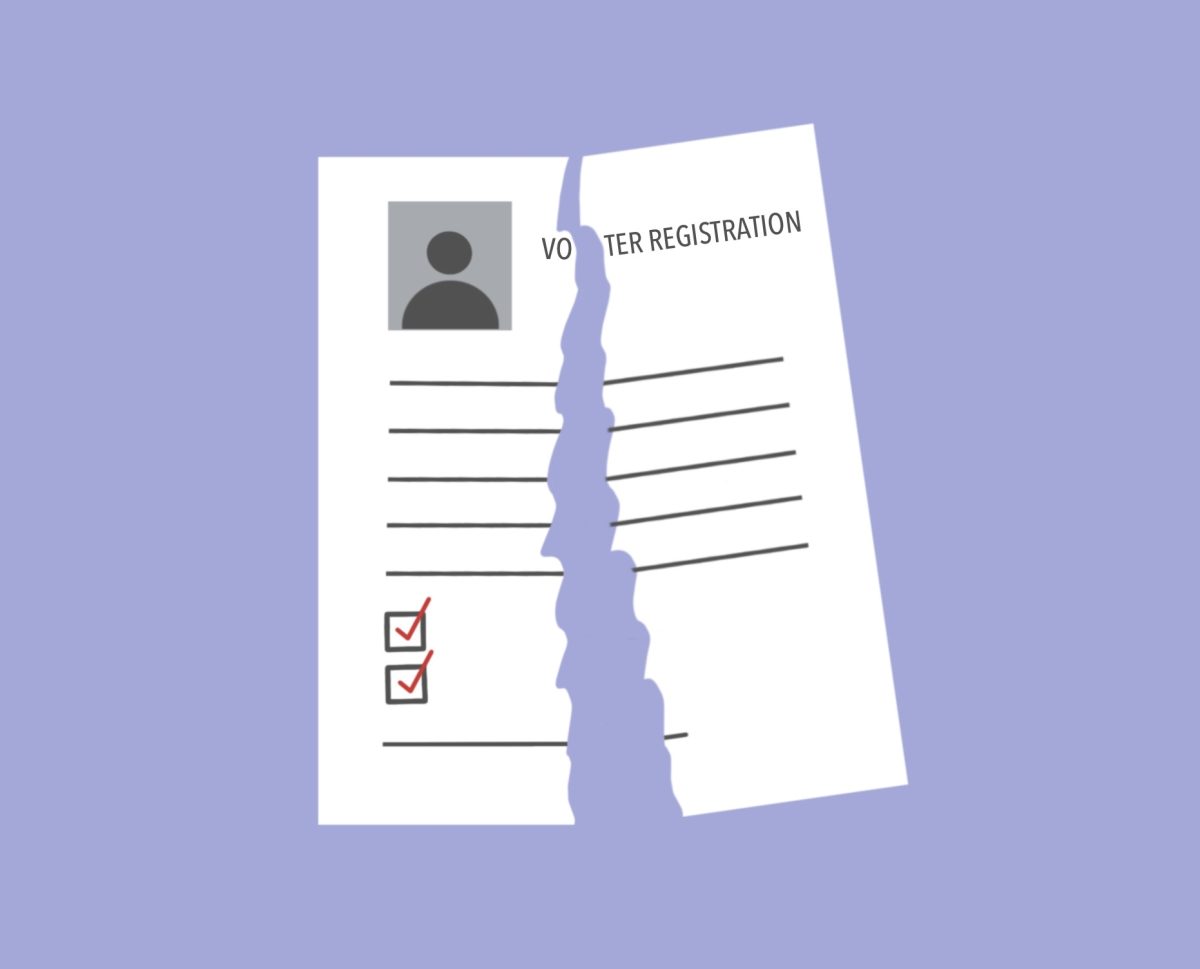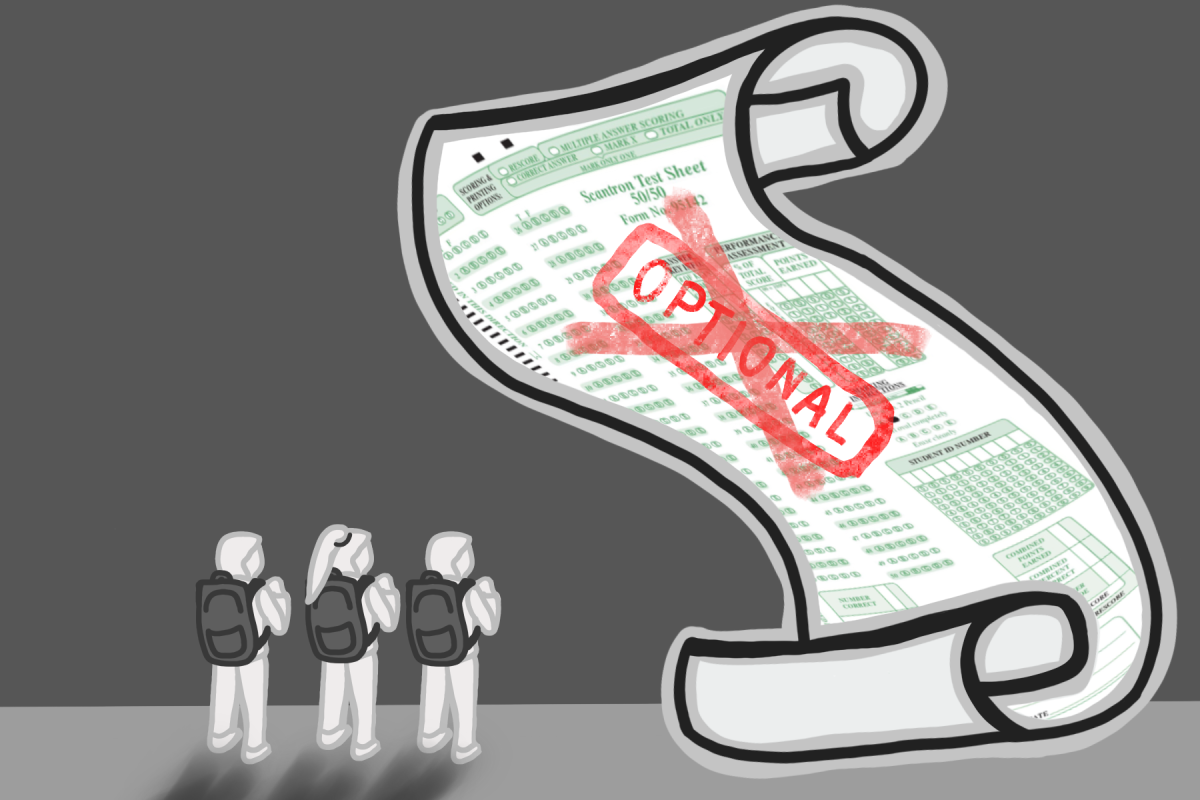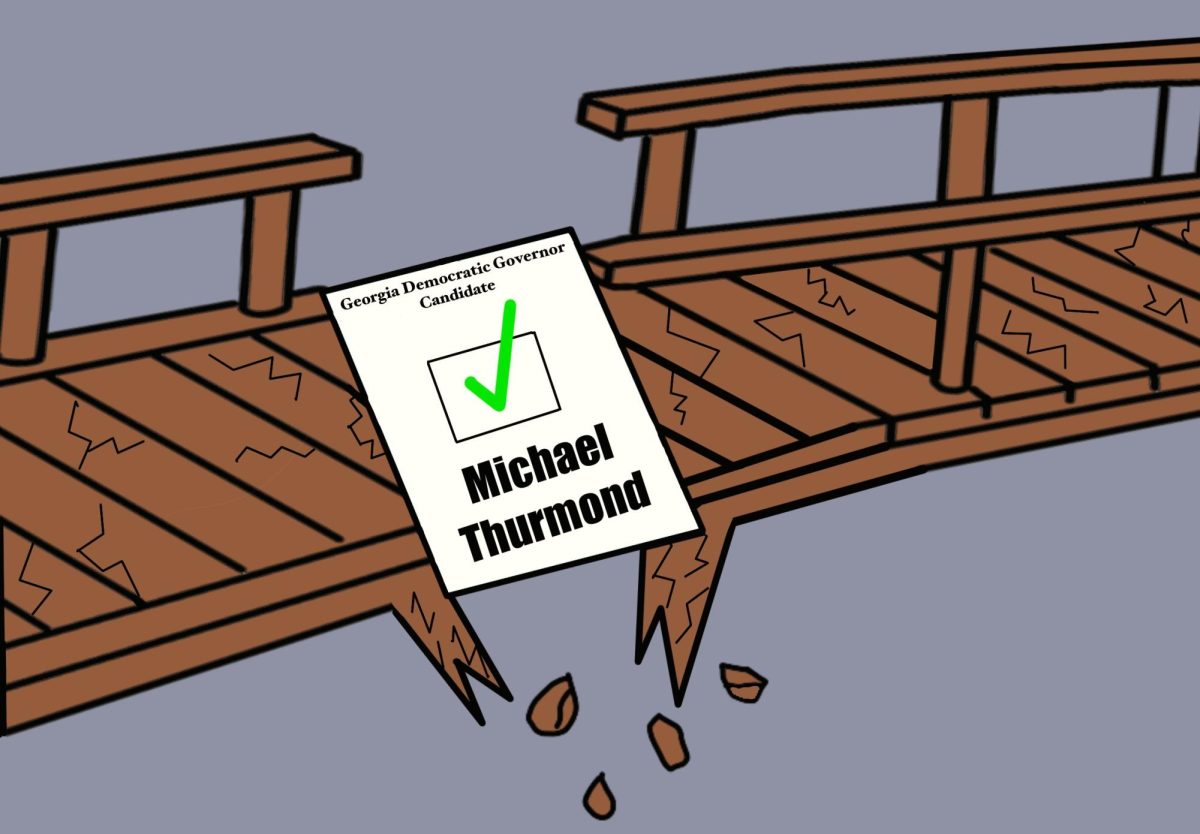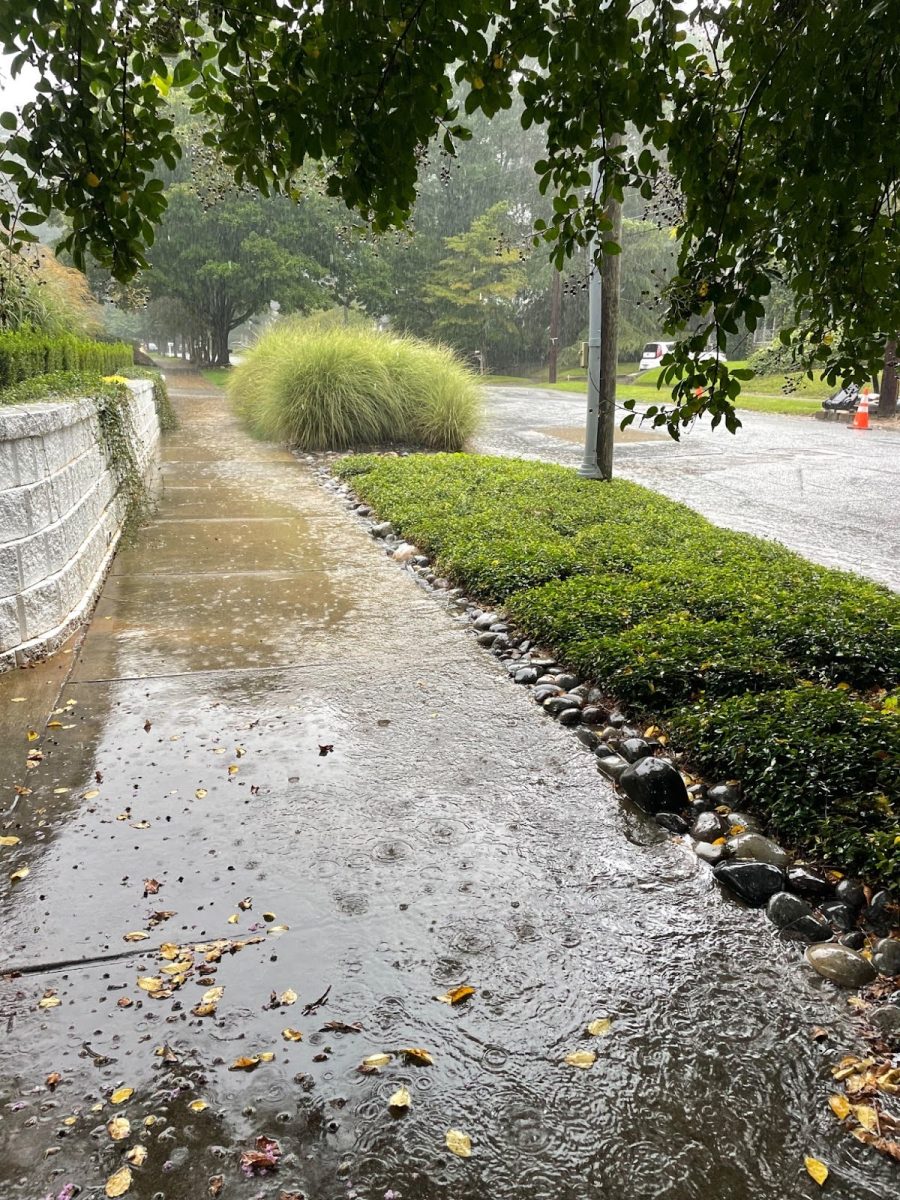For many students last year, the 8:15 bell did not signal the beginning of their school day. On most days, upwards of 100 students casually entered the cafeteria around 8:30, joining a lengthy line outside the attendance office, Assistant Principal David Propst said.
According to records provided by Propst, during the 2010-2011 school year, 17 percent of students missed 16 or more days of school. During the 2011-2012 school year, 19 percent of students missed 16 or more days of school. Propst is determined to improve the statistics this year.
Propst’s observation of last year’s poor attendance explain the administration’s crackdown on absences and tardies. He said attendance is crucial for students to gain knowledge, and that as the years have gone by, attendance at Grady has not improved.
The state mandates that if a student racks up 10 unexcused absences in a class for one semester, the teacher has the right to automatically fail that student in the course.
Also, if a student needs to check out, he or she must call a parent or guardian who must recall the student’s date of birth and address. Propst said this rule has always been enforced, but students claim they have been unaware of it.
This year, an excused absence cannot be achieved by a simple note from a parent. Grady will only accept excused absences for reasons listed in APS attendance policy.
Senior Sophie Maschinot encountered these new rules and procedures at the attendance office on Aug. 13 when she tried to pick up a pass to class.
Maschinot was in the counselor’s office that morning, and afterwards she went to the attendance office with a written note from her father to return to class. Maschinot handed in the written note signed by her father. Jurea Harris, the new attendance specialist, handed an unexcused pass back to her.
“Any other year, that pass would have been fine,” Maschinot said. “They need to be clearer on new procedures.”
Administrators have put the procedures in place in order to ameliorate attendance problems. Some students, however, argue that the procedures are not publicly known.
Propst deals with attendance every day and feels strongly that there are few excuses not to be present at school.
“How can you justify being late to school 10 to 20 times?” he said.
Propst said seniors have the worst attendance, but sophomores and juniors are not too far behind. Last year, 19 percent of sophomores and juniors were absent 10 to 15 days.
Maschinot believes that if good attendance is to be achieved, students must know the procedures of checking out.
The administration is issuing detentions if students arrive past 8:15 a.m. after three unexcused absences. Students claim to be unaware of this policy, but the policy has been in effect in past years, Propst said.
Once a student exceeds five unexcused absences, a mandatory conference takes place, and the student receives in-school suspension. If a student’s attendance is continuously poor, the next step is an informal hearing. The consequences escalate if no improvements take place.
“Students need to know how important attendance is,” Propst said.
Some believe new procedures may improve attendance, but senior Kate Taber thinks otherwise. On Aug. 16, Taber felt extremely ill while at school. During lunch, she went to the attendance office to check herself out. When she called her father he answered, but he did not show up as a parent or guardian in her student file. Taber came back in the middle of third period to reach her mom. Her mom answered, and Taber was able to go home. Once at home, Taber pulled up Infinite Campus and saw that her absence was marked early dismissal, unexcused.
More rigorous enforcement of procedures is intended to improve attendance, but Taber believes the new rules only confuse students.
“If anything, it only makes [attendance] worse,” she said.







